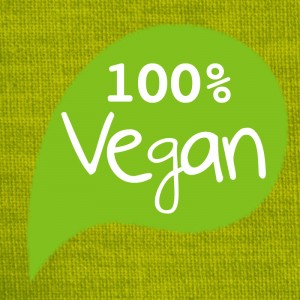Proteins are known as the property blocks of life: Within your body, they break up into proteins that advertise cell expansion and restoration. You don’t need to eat meat or cheese to get enough protein. That’s what you may not know. No matter your reasons, one of the challenges for non-meat eaters is making sure they get enough protein every day. We will show you the best vegan protein sources readily available in the healthy eating department of stores.
 It’s a great time to be a vegan. The demand for vegan products increases, as the numbers of vegans grows. Best vegan protein sources are within your reach everywhere. There are lots of nutrient dense foods with a decent protein content. Nuts, seeds, soy products, cereal, dairy and eggs are all good meatless protein choices. These groups of food each contain different amino acids (the building blocks of proteins) and different levels of protein quality. Once thought there is no need to consume certain foods in special combinations as nutritionists! When your diet includes a variety of each of these types of foods, you can rest assured that you’re consuming all the amino acids you need for muscle growth and cell repair.
It’s a great time to be a vegan. The demand for vegan products increases, as the numbers of vegans grows. Best vegan protein sources are within your reach everywhere. There are lots of nutrient dense foods with a decent protein content. Nuts, seeds, soy products, cereal, dairy and eggs are all good meatless protein choices. These groups of food each contain different amino acids (the building blocks of proteins) and different levels of protein quality. Once thought there is no need to consume certain foods in special combinations as nutritionists! When your diet includes a variety of each of these types of foods, you can rest assured that you’re consuming all the amino acids you need for muscle growth and cell repair.
It’s way more nutritious, even though quinoa is a food so healthy that NASA hopes we’ll grow it on interplanetary space flights, quinoa looks a lot like couscous. Full of magnesium, iron and fiber and manganese, quinoa is a terrific substitute for rice and it’s versatile enough to make cookies, fritters and muffins and breakfast casseroles.
Chia seeds are the highest plant source of omega-3 fatty acids, and they contain more fiber than flax seeds or nuts. The best thing about these little seeds is that they form a goopy gel when combined with milk or water, although chia is also a powerhouse of iron, calcium and zinc and antioxidants. This makes them fantastic for making healthy puddings, thickening smoothies, or replacing eggs in vegan baking, even though iron, calcium and zinc and antioxidants.
While beans are normally low in the amino acid methionine, soy is a complete protein and thoroughly deserves its status as the go-to substitute for the meat-free (but go easy on the processed varieties). Tofu is probably the best-known soy product, although natto and Tempeh are made by fermenting the beans. It’s important to choose the firmest tofu available-the harder the tofu, the higher the protein content, if protein’s a concern, even though natto and Tempeh are made by fermenting the beans.
One of the simplest and cheapest, and vegan style meals in daily life is also one of the best protein sources around. Most beans are low in methionine and high in lysine, while rice is low in lysine and high in methionine. Mix them together, and what do you get? Protein content comparable to that of meat. Subbing lentils or chickpeas for beans produces the same effect. These meals are a fantastic way to load up on protein and carbohydrates after an intensive workout training.
See how easy this is? Every time legumes likelentils and beans, and peanuts are coupled with grains likerice and wheat, and corn, a complete protein is born. Peanut butter on whole wheat grains is an easy snack that, while loaded with calories, supplies a heaping dose with all the different essential amino plenty and acids of healthy fats to boot.